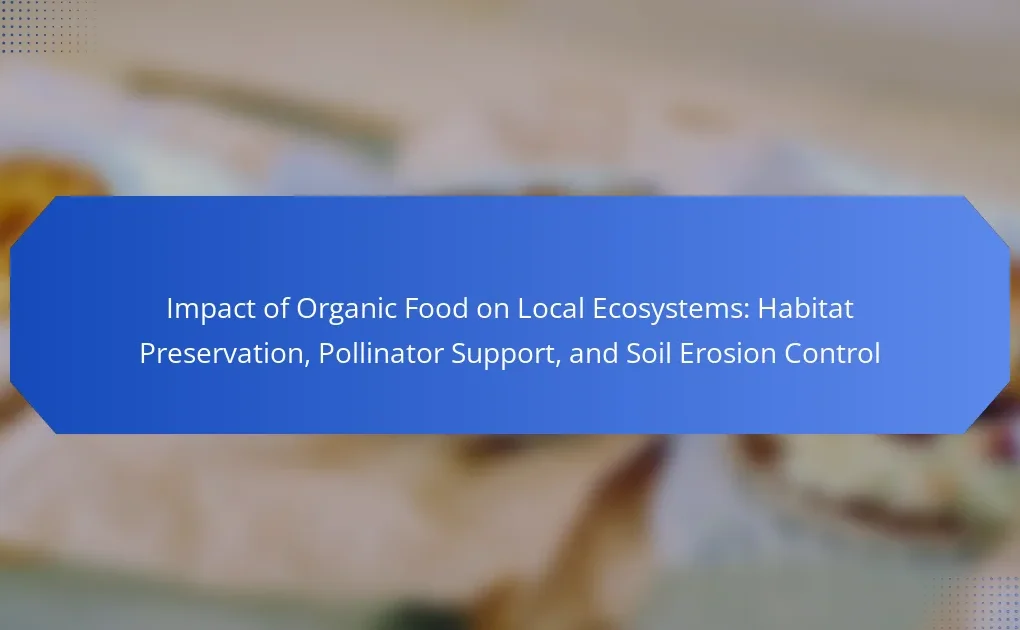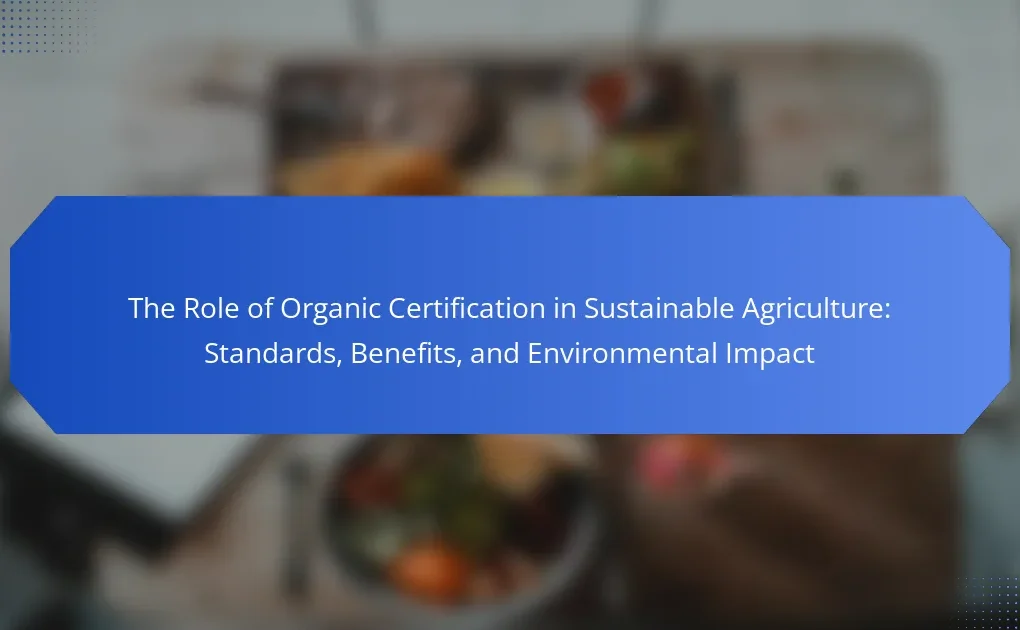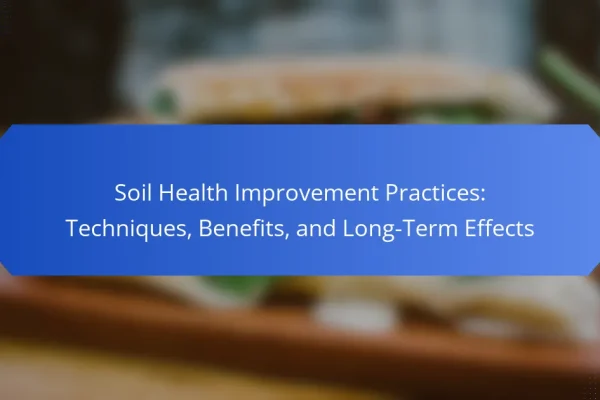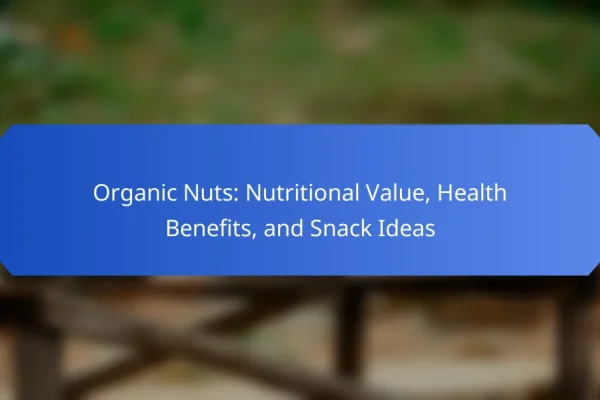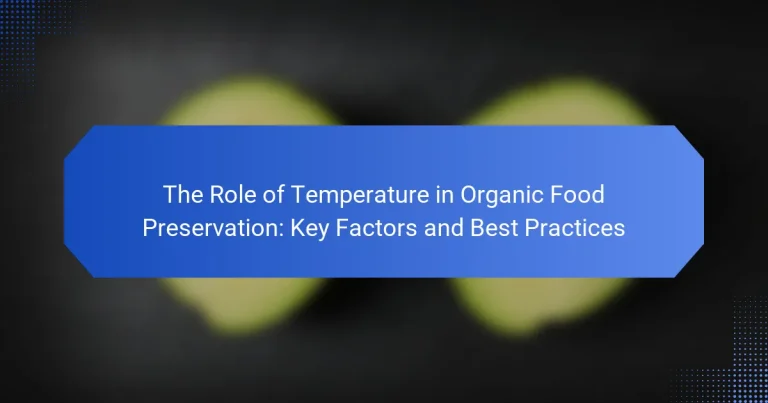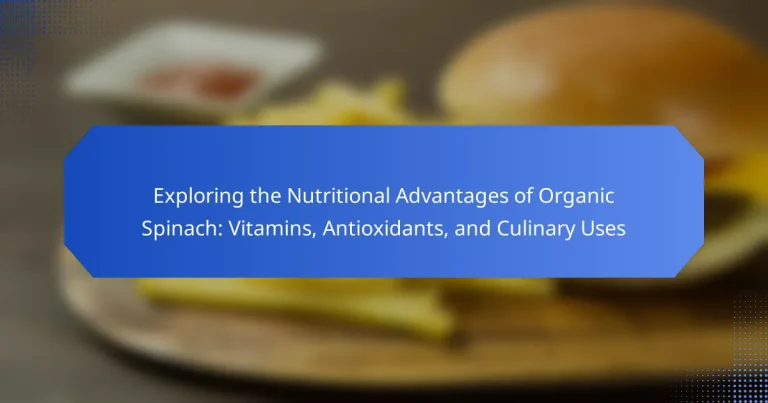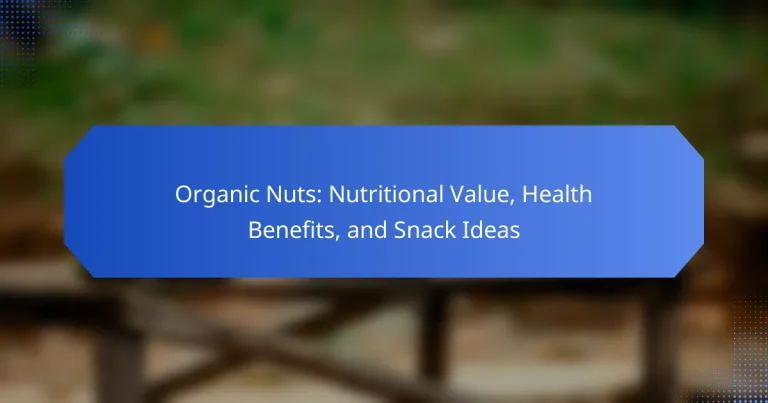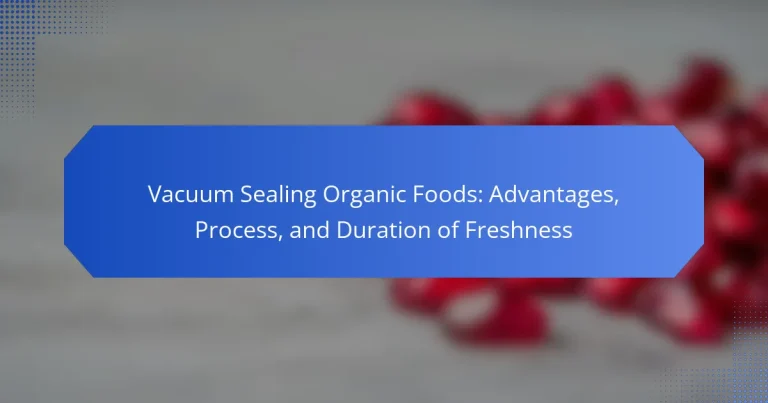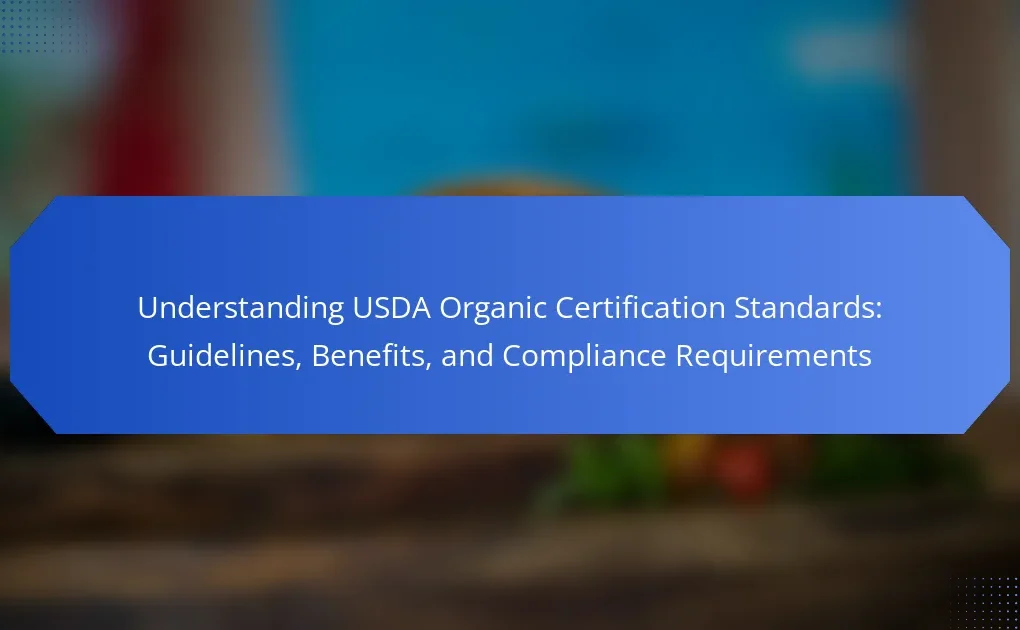
Welcome to Little Mountain Haven
At Little Mountain Haven, we believe that good food is the foundation of a healthy life. Nestled in the heart of nature, our mission is to provide you with the finest selection of organic foods that nourish your body and soul. Whether you are a long-time health enthusiast or just beginning your journey into the world of organic living, we are here to guide you with passion and care.
Explore a vibrant array of locally sourced produce, wholesome grains, and nourishing snacks—all cultivated without harmful chemicals or synthetic fertilizers. Each product is chosen with love, ensuring that you and your family can enjoy the best nature has to offer. Join us in making sustainable choices that not only benefit your health but also protect our precious environment.
Discover Your Organic Oasis
As you navigate through our site, you'll find a wealth of resources and options tailored just for you:
- Fresh, Locally Sourced Organic Produce
- Delicious Recipes and Meal Ideas
- Nutrition Tips from Our Experts
- Exclusive Community Events and Workshops
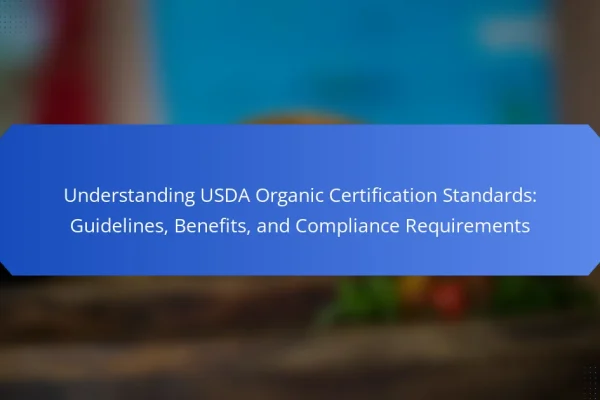
Understanding USDA Organic Certification Standards: Guidelines, Benefits, and Compliance Requirements
USDA Organic Certification Standards are essential regulations that govern organic farming and production in the United States, ensuring products labeled as organic meet specific criteria related to soil quality, pest control, and the prohibition of synthetic substances. This certification process, overseen by the USDA through accredited certifying agents, mandates compliance with strict guidelines that promote…

Organic Legumes: Nutritional Content, Cooking Methods, and Health Benefits
Organic legumes, including beans, lentils, peas, and chickpeas, are plant-based foods cultivated without synthetic pesticides or fertilizers. These legumes are nutrient-dense, offering high levels of protein, fiber, vitamins, and minerals, which contribute to a balanced diet and support overall health. Research highlights their potential to reduce the risk of chronic diseases, such as heart disease…
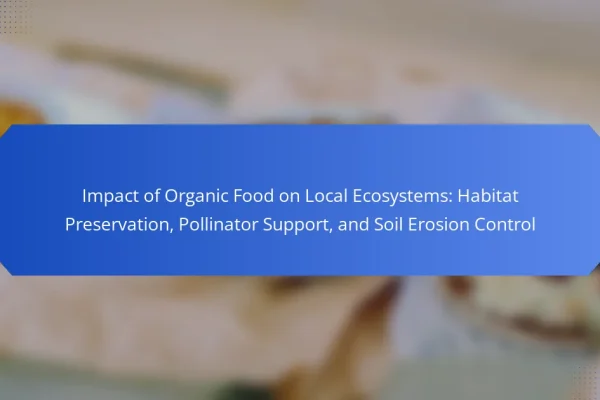
Impact of Organic Food on Local Ecosystems: Habitat Preservation, Pollinator Support, and Soil Erosion Control
Organic food plays a significant role in enhancing local ecosystems through various sustainable farming practices. These practices promote biodiversity by using natural fertilizers and composting, which improve soil health and support a diverse range of microorganisms and insects. The increased biodiversity is essential for sustaining pollinator populations, vital for crop production, while minimizing pesticide use…
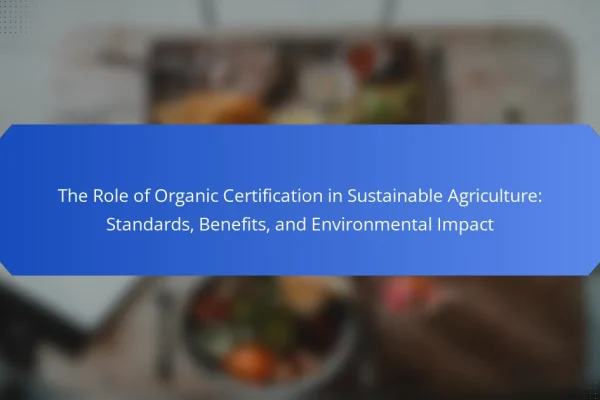
The Role of Organic Certification in Sustainable Agriculture: Standards, Benefits, and Environmental Impact
Organic certification is a key aspect of sustainable agriculture, ensuring that farming practices adhere to specific environmental and health standards. It verifies that farmers utilize methods that enhance biodiversity, improve soil health, and minimize chemical inputs. The USDA’s National Organic Program (NOP) establishes regulations for organic farming in the United States, requiring the absence of…

Community Health and Organic Food: Access, Education, and Food Security
Community health is significantly influenced by access to organic food, which typically contains fewer pesticides and chemicals, leading to lower health risks. Research indicates that communities with better access to organic food experience improved health outcomes, enhanced soil health, and increased biodiversity. Initiatives such as local farmers’ markets and community-supported agriculture (CSA) programs facilitate access…
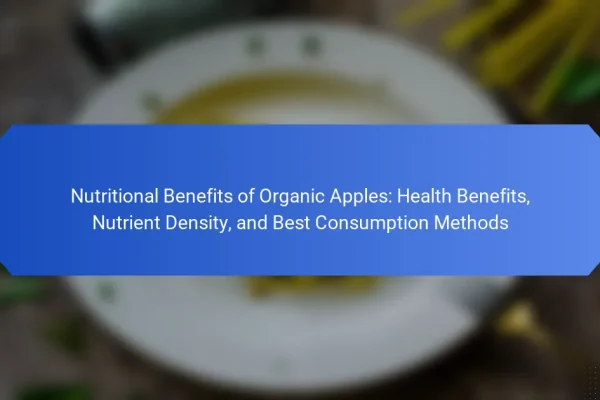
Nutritional Benefits of Organic Apples: Health Benefits, Nutrient Density, and Best Consumption Methods
Organic apples are a nutrient-dense fruit that provide numerous health benefits. They are rich in dietary fiber, which aids digestion and helps regulate blood sugar levels, while also being an excellent source of vitamin C that supports the immune system. Additionally, organic apples contain phytonutrients, such as quercetin and flavonoids, known for their anti-inflammatory properties…
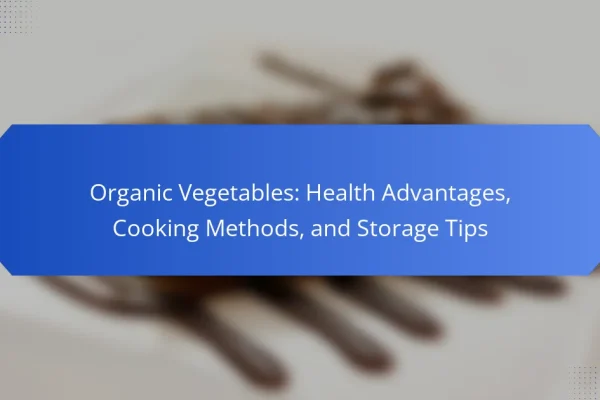
Organic Vegetables: Health Advantages, Cooking Methods, and Storage Tips
Organic vegetables are produce cultivated without synthetic fertilizers, pesticides, or genetically modified organisms (GMOs), using natural farming methods that enhance biodiversity and soil health. This article outlines the health advantages of organic vegetables, highlighting their higher levels of antioxidants and vitamins compared to conventionally grown options. It also discusses optimal cooking methods, such as steaming…
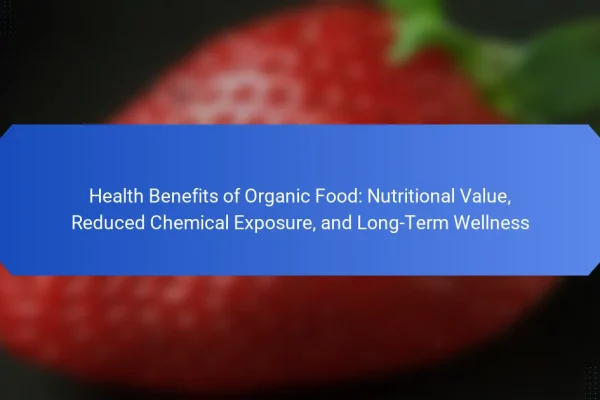
Health Benefits of Organic Food: Nutritional Value, Reduced Chemical Exposure, and Long-Term Wellness
Organic food is defined as produce grown without synthetic pesticides and fertilizers, offering numerous health benefits. It typically contains higher levels of antioxidants, with studies indicating up to 69% more than conventional options, which helps reduce oxidative stress. Additionally, organic farming practices enhance soil health, leading to more nutrient-dense food. By minimizing chemical exposure, organic…
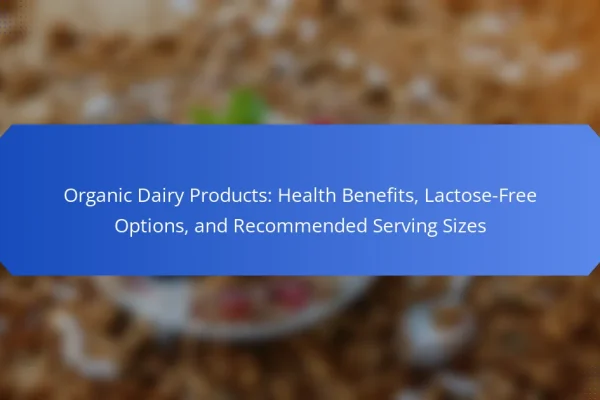
Organic Dairy Products: Health Benefits, Lactose-Free Options, and Recommended Serving Sizes
Organic dairy products are derived from animals raised under strict organic farming standards, which prohibit synthetic fertilizers, pesticides, and antibiotics. These products, including milk, cheese, yogurt, and butter, are perceived as healthier options due to their higher levels of omega-3 fatty acids and absence of chemical additives. The article explores the health benefits of organic…
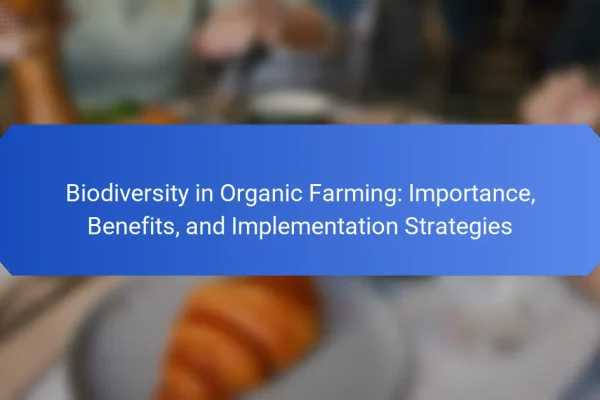
Biodiversity in Organic Farming: Importance, Benefits, and Implementation Strategies
Biodiversity in organic farming refers to the variety of life forms, including plants, animals, and microorganisms, within agricultural ecosystems. This article explores the importance and benefits of biodiversity in organic farming, highlighting how practices such as crop rotation, cover crops, agroforestry, and the establishment of buffer zones can enhance ecosystem health and resilience. It discusses…

